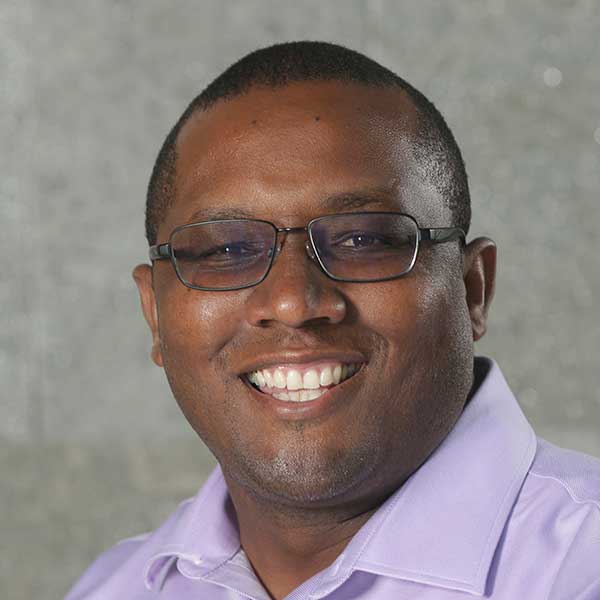
Recreating a Sense of Teamwork and Camaraderie After Service
Doyace Wilson thought he’d just do four years in the Air Force when he joined out of high school. Just enough time to gain experience and offset the cost of college.
He would retire 21 years later.
His first job: an Aircraft Maintenance Technician. He didn’t know he was mechanically inclined, but he scored high on an aptitude test and found he loved the work for many reasons. He deployed to interesting places. He was assigned to a brand new plane. He reveled in the air shows and the ceremonies.
“I was assigned to a remote base in Missouri, about 70 miles from Kansas City. Because it was so remote, it created a real sense of family.”
Doyace became a recruiter in Michigan, thriving on the infectious energy of the young recruits. He was stationed at Davis-Monthan Air Force Base in 2009, assigned to the EC-130 Electronic Combat Group, which is one of the most deployed units in the Air Force, providing support to ground forces.
Away from his family more than he wanted to be, he retired, grateful for some of the lessons he learned. “The military is a big melting pot, where diverse groups of people build teams and make things work. Everybody matters, everybody is important and we all bring different skillsets and play different roles.”
“I think what you learn is that people all want similar things for our lives. We all want to do a good job. Most people love their families and they want to provide a better life for their kids. It’s a point of connection for all of us.”
He wasn’t sure what job he was going to land when he got out. “But after doing so many different jobs and having a wide breadth of experience, I knew I’d be able to figure it out.”
He ended up getting an internship at Tucson Electric Power in the Engineering Project Manager department. He was assigned a mentor, who was a pivotal influence to him. He learned to read drawings, he gained familiarity with substations and he sat in with other departments to see how their work connected. “It was a huge learning curve, but there was a real willingness across the engineering and construction departments to help.”
“It was a good fit because I understand the value of producing a quality product. If we make a mistake, there are consequences. I also like the stability of this group. We fit really well together, and I appreciate that people are willing to help each other,” said Doyace, who is becoming more involved in the veteran’s business resource group the company offers.
“And I also like that our company serves the community. In the Air Force, we tried to make sure we were an active force in the community, focusing on volunteering and providing financial support, so that’s why TEP’s willingness to get involved is really important to me, whether we’re giving out school supplies, sponsoring food drives or participating in the Christmas Parade.”
